ProdigalFrog
A frog who wants the objective truth about anything and everything.
Admin of SLRPNK.net
XMPP: prodigalfrog@slrpnk.net
Matrix: @prodigalfrog:matrix.org

- 22 Posts
- 82 Comments

 4·26 days ago
4·26 days agoThe OG Mafia and the Metro 2033 series are excellent linear games. Night in the Woods is a really fun little quirky game that’s not too long.
If you like adventure games, I’d suggest Gemini Rue, Primordia, and Indiana Jones and The Fate of Atlantis.
Perhaps Snatcher, if you’re open to something older and different. Same with the classic cinematic platformer, Another World.
That’s extremely sad to hear, I hope they recover someday :(
There’s a few areas where it’s lacking, the text tool being one of them, and it also can’t export to PDF for professional book cover printing. But I’m not a professional photo editer either, and almost exclusively use Krita for editing anyway, since it’s so my h easier to use.
gimp isn’t being held back by money, they have over a million in bitcoin just sitting there from an old donation that grew in value. In over a decade, no one has figured out how to pay the taxes on it if they start using it to fund developers.
I read on reddit a long time ago that a UI designer tried to help improve gimp, but the devs were hostile to it (i may be remembering that wrong though). Considering how long its been with no UI improvements, I don’t think gimp will ever revamp its UI. Instead, I think Krita has a good chance of moving into photo editing with enough funding.
The gameplay of VNs doesn’t particularly appeal to me, though it’s not offensive either, so I can be won over by a particularly good story. So far, the best VN I’ve played is Snatcher for the Sega CD.

Snatcher (nice use of negative space on that cover) is one of Hideo Kojima’s earlier titles, and his insatiable desire for long cutscenes/story lends itself to VNs. As with many of Kojima’s works, it’s heavily inspired by whatever western movies he would’ve seen at the time. In this case, Snatcher is heavily inspired by Blade Runner.

You play as Gillian Seed, an ex-scientist with amnesia that’s now working as a Junker (the equivalent of a blade runner) in Neo-Kobe, a cyberpunk metropolis that’s not quite as dark and dreary as Bladerunner’s, feeling more like something out of Akira.
The game features a lot of voice acting, some of it actually surprisingly good for a game of that time (early 90’s), and it has a particularly fantastic FM soundtrack courtesy of the Genesis’ soundchip, and even some redbook audio for the intro. I’d recommend listening to the soundtrack even if you have no intention of playing the game.
The story for the game can get surprisingly dark and gruesome at times, though overall has a more 90’s anime up-beat vibe, and is one of Kojima’s more linear and coherent tales. The characters are pretty fun to talk to, and the writing was compelling enough to make me push through some of the more dated design decisions (you sometimes will have to click the same action/dialog 3 times or more, with no additional feedback, before something unlocks to progress the story).

The gameplay is a bit more involved than a standard VN, sharing some attributes with an Adventure game. In addition to being able to move around the city and various buildings (skillfully drawn with some of the finest pixel art of the era), the player has access to an inventory and can investigate various parts of a scene. There’s a small combat mini-game that will sometimes spring up that was designed for use with a lightgun (The Konami Justifer) but thankfully works just fine with a standard controller), and is used sparingly enough that doesn’t overstays its welcome. In fact, I’d say the combat is surprisingly well integrated into the story, and helps add a bit of tension, since you never know when it’ll pop up (I imagine it would’ve been quite immersive back in the day with the lightgun, since you’d have to quickly drop your controller and physically ‘draw’ it to defend yourself).

Snatcher is a short game, usually averaging about 4 or 5 hours for most people, but that’s all it really needs to tell its tale, and by the end I was thoroughly satisfied.
The Sega CD version is the only one that was translated for the English market, and AFAIK is no longer legally available to purchase anywhere. With physical copies being rare and demanding a premium ($200 or more), I’d recommend emulation to experience it.
If any of that sounds appealing to you, I’d certainly recommend giving it a try! And if you do, good luck, Junker!


 6·1 month ago
6·1 month agoProton, Tuta, Mailbox, and Posteo are all good.
Proton and Tuta have free offerings. Posteo and mailbox have the cheapest paid offering, but posteo doesn’t allow custom domains.

 2·2 months ago
2·2 months agoHe posted this update a few months ago, it seems to be progressing well!

 3·2 months ago
3·2 months agoIt’s shorthand for The Original Series, which a lot of trekkies use when talking about the first show with Kirk and Spock.
Kudos for inventiveness, though! Thoracic outlet syndrome got me 😂

 2·2 months ago
2·2 months agoNever played that one, but I gotta admit it looks pretty fun on youtube

 15·2 months ago
15·2 months agoThe Voyager Elite Force games are pretty excellent if you enjoy FPS games, and the TOS point and click games, 25th anniversary and its sequel are extremely well made too.

 2·3 months ago
2·3 months agoRock’n’roll racing got a pretty solid GBA port, it’s a fantastic little isometric battle racer from the 90’s
It’s extremely difficult for me to enjoy most 8-bit games, as there’s very little there to intrigue my tastes. However, there are a few standouts that I still play to this day on an emulator handheld, like H.E.R.O. or Mr. Do!
The good ones generally have a really solid little gameplay loop that’s quick to get into, with tight controls that let you get into a flow-state easily, and a difficulty curve that isn’t infuriating (something far too common from that era). The story heavy games from that era usually had mediocre or terrible writing paired with repetitive grinding gameplay, so the classics like Final Fantasy are sadly off limits for me.
H.E.R.O. is one of my favorites since it has somewhat uncommon gameplay where you control a man with a helicopter pack in a mine, avoiding various hazards to rescue a trapped miner at the end of each level. It rewards memorization, which is a knock against it, but even though I’ve played it heavily, I keep coming back to it as I never can quite remember the layouts of the later levels, and once control of the backpack is mastered, it just feels good to zip around all of these creatures and caverns of instant death without nicking yourself. I’m not sure how someone who has never played it before would feel about it, since it can take a while to get the hang of the controls, but I think it holds up pretty well from that era.
It also received a pretty massive number of ports to various consoles and home computers. The original Atari 2600 version is good, but personally I found the MSX port to be the most polished, and it adds some nice additional graphics as well.

 8·3 months ago
8·3 months agoNo worries! :D

 2·3 months ago
2·3 months agoAh! quite right, thanks for the correction :)

 133·3 months ago
133·3 months agoJPEG is getting
oldlong in the tooth, which prompted the creation of JPEG XL, which is a fairly future-proof new compression standard that can compress images to the same file size or smaller than regular JPEG while having massively higher quality.However, JPEG XL support was removed from Google Chrome based browsers in favor of AVIF, a standalone image compression derived from the AV1 video compression codec that is decidedly not future-proof, having some hard-coded limitations, as well as missing some very nice to have features that JPEG XL offers such as progressive image loading and lower hardware requirements. The result of this is that JPEG XL adoption will be severely hamstrung by Google’s decision, which is ultimately pretty lame.

 211·4 months ago
211·4 months agoROCm is it’s own hell (unless they finally put some resources into it in the past couple years)

 14·4 months ago
14·4 months agoThe old 2003 game ‘Vietcong’ is still, IMHO, the most realistic depiction of jungle combat conditions in the Vietnam war (at least, in a singleplayer game). It can oftentimes be a janky, overly hard game, but there’s still nothing else quite like it all these years later.
The jungle is dense for that period, the AI is surprisingly tactically aware (at least from memory. They would ambush you, flank the player, and I think even run away if they were losing an engagement), there’s deadly, well camouflaged traps everywhere, making slowly walking the safest way to move around, the fights are short and deadly, and most impressive of all, it licensed a lot of famous 60’s songs from that era.
It can be a difficult game to get running on modern windows, but there might be some community patches for that. It would probably run better under Linux with wine.
If you’re looking for a hardcore singleplayer experience to explore that conflict from a historical context, I’d recommend giving it a shot.

 186·4 months ago
186·4 months agoFor those interested in an alternative, and especially if you are a programmer, the Ladybird browser appears to be the most promising independent browser that could someday take Firefox’s crown.

 20·5 months ago
20·5 months agoThis is a summary from @Essence_of_Meh@lemmy.world:
TL;DW:
- Patrick Breyer and Niklas Nienaß submitted questions to the European Commission on the topic of killing games (the latter in contact with Ross and two EU based lawyers).
- EU won’t commit to answering whether games are goods or services.
- EULA are probably unfair due to imbalance of rights and obligations between the parties.
- Such terminations should be analyzed on a case-by-case basis (preferably by countries rather than EU).
- Existing laws don’t seem to cover this issue.
- Campaign in France seems to be gaining some traction. Case went to “the highest level where most commercial disputes submitted to DGCCRF never go”.
- UK petition was suppose to get a revised response after the initial one was found lacking. Due to upcoming elections all petitions were closed and it might have to be resubmitted.
- Also in UK, there’s a plan to report games killed in the last few years to the Competition and Markets Authority starting in August (CMA will get some additional power by then apparently).
- No real news from Germany, Canada or Brazil.
- Australian petition is over and waiting for a reply. Ross also hired a law firm to represent the issue.
This is a simplified version of simplified version.
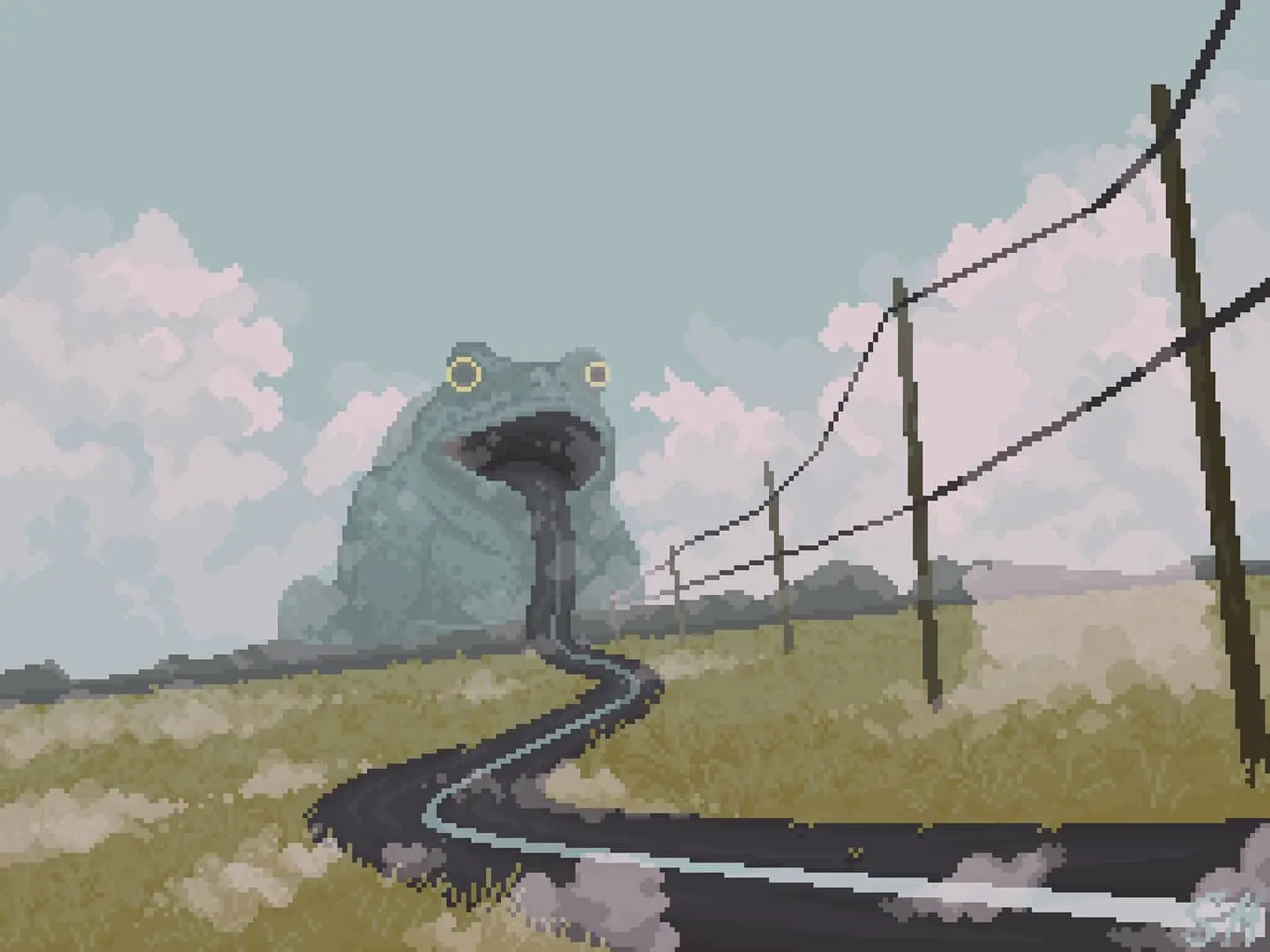







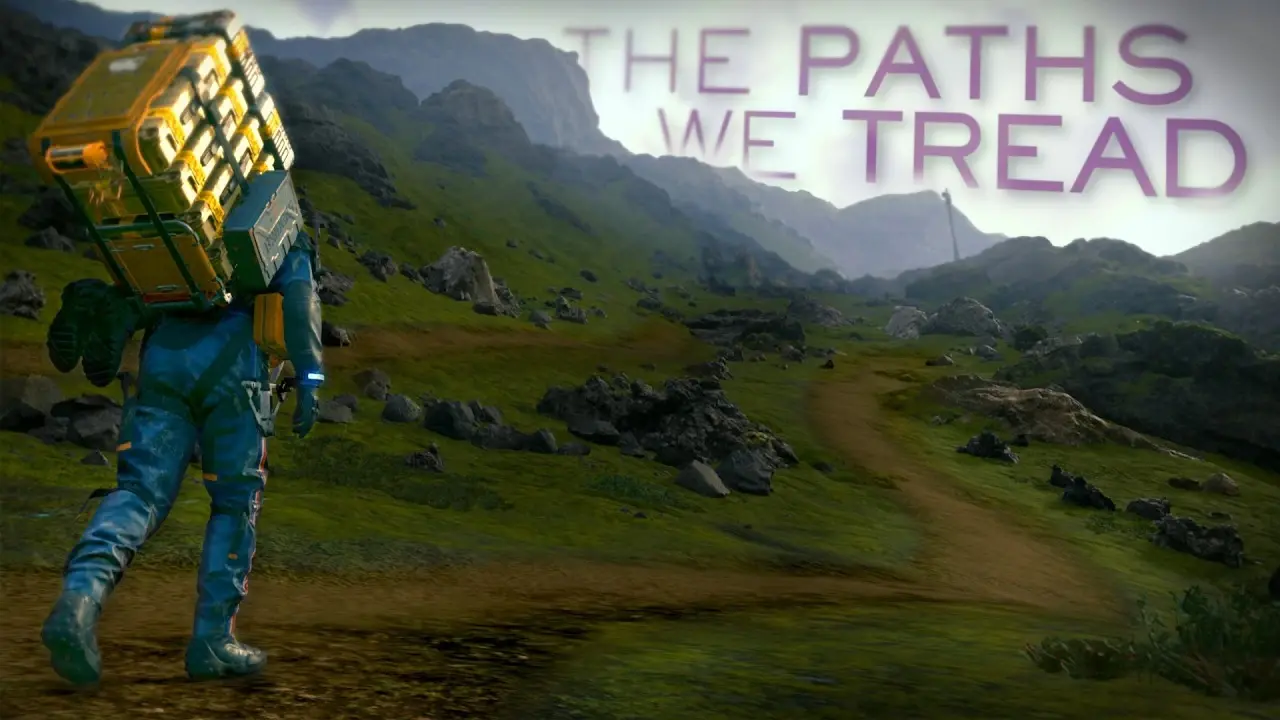
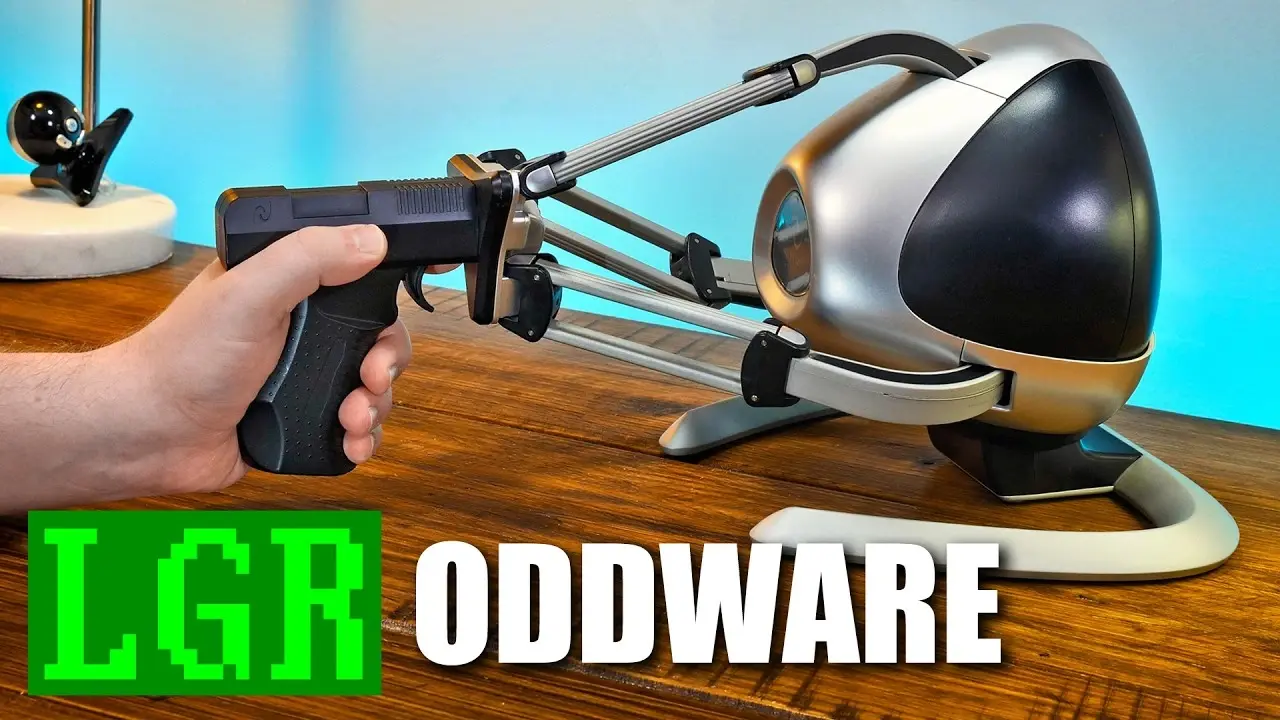
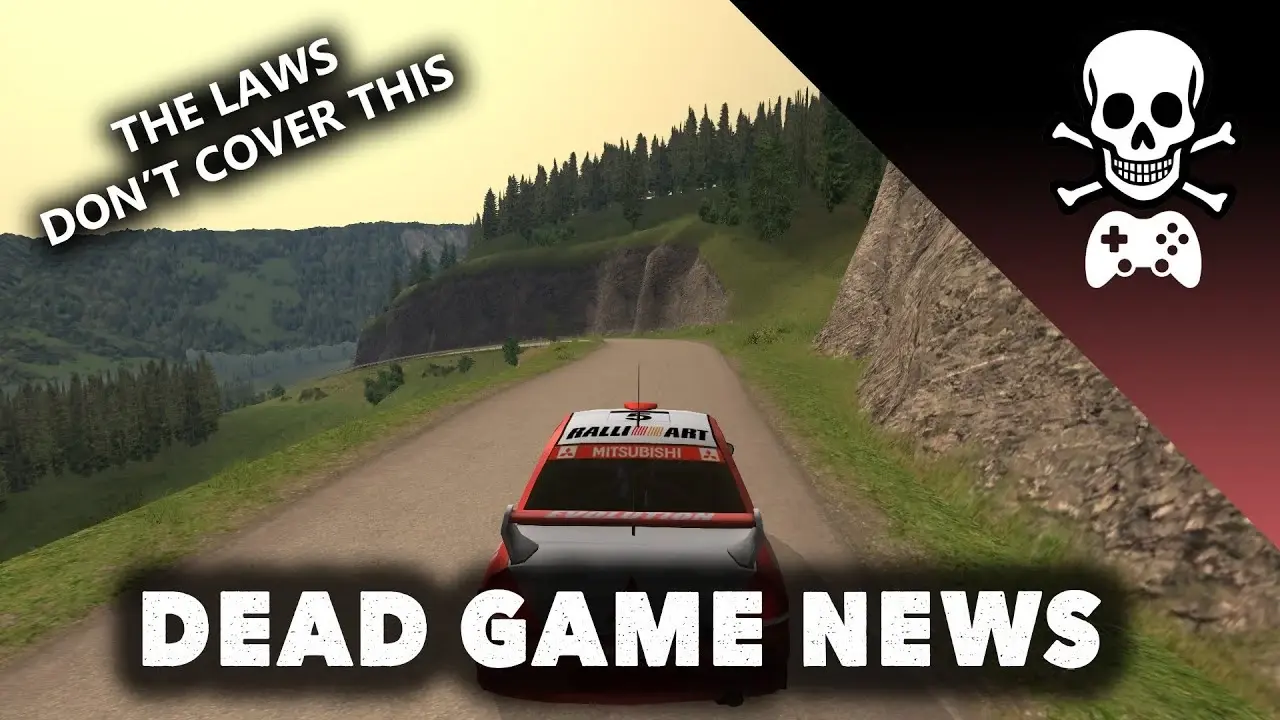
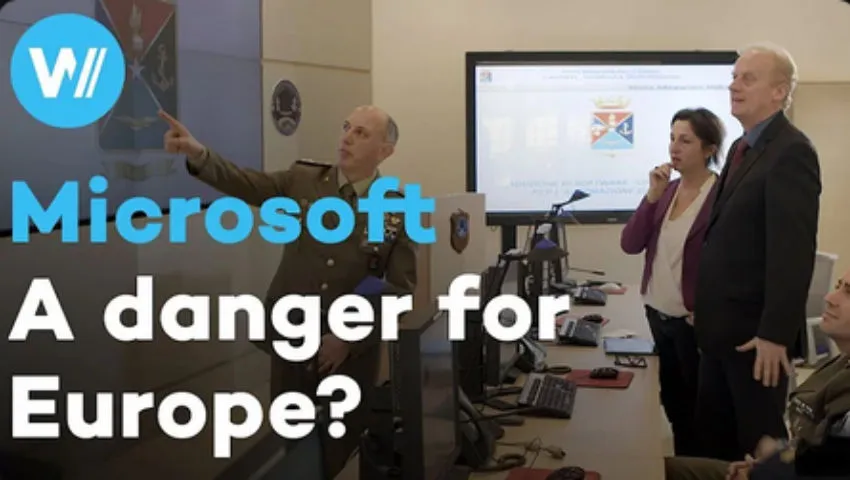

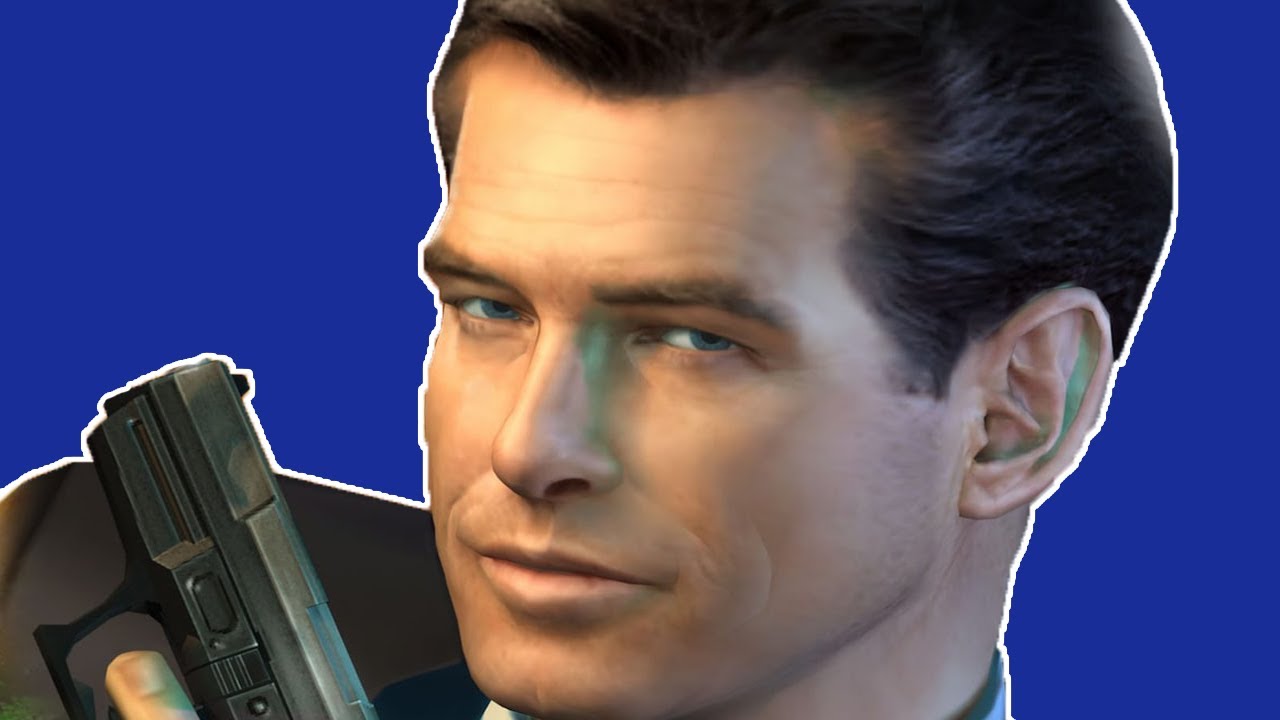






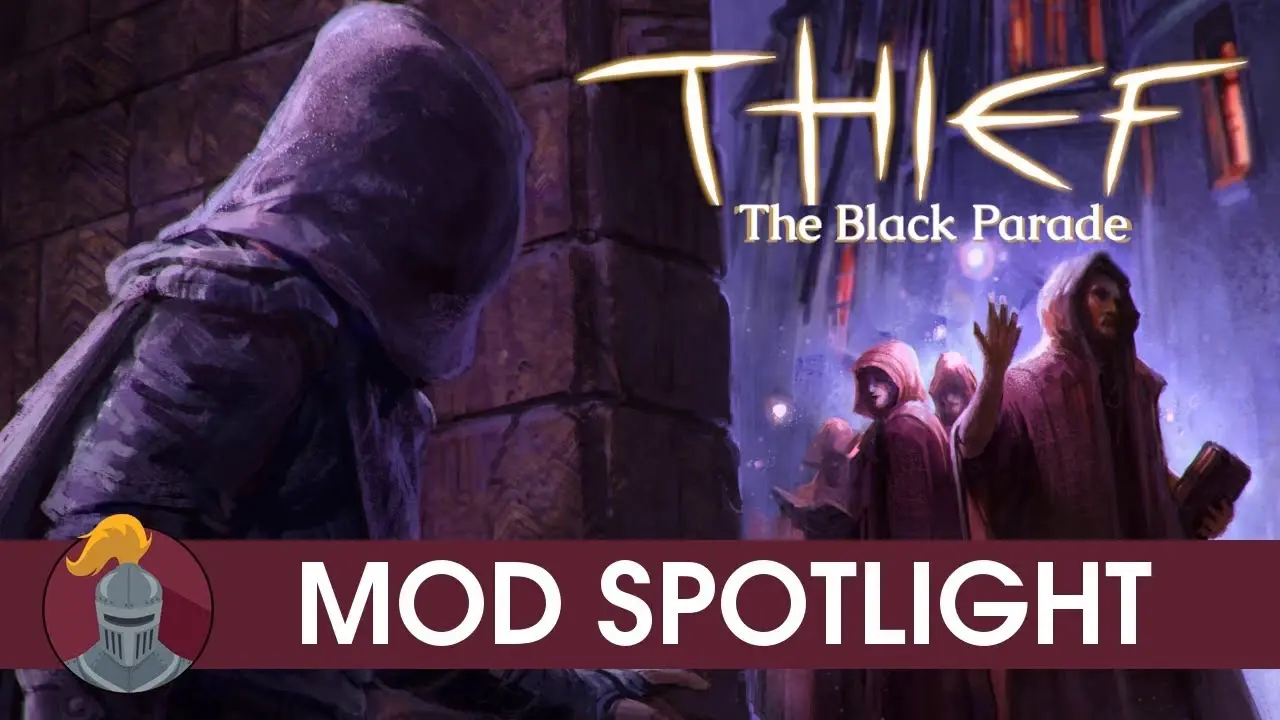
Sorry to hear things are rough for you. I hope whatever is causing it improves!
Mine is an odd choice, or maybe not, but its the first thing that came to mind: Night in The Woods
It’s about a girl that comes home from college to her old dying town. I know that doesn’t sound terribly uplifting, and there’s some downer stories mixed in there, but overall I found it a very heartfelt and uplifting game, because the main character’s friends are the most wonderful bunch of people, and you hang out with them and go on little adventures throughout. It’s got a cool creepy mystery story going on, but the game is mostly about deep friendship, family, and overcoming struggles with their help, and I found that very uplifting and worthwhile.